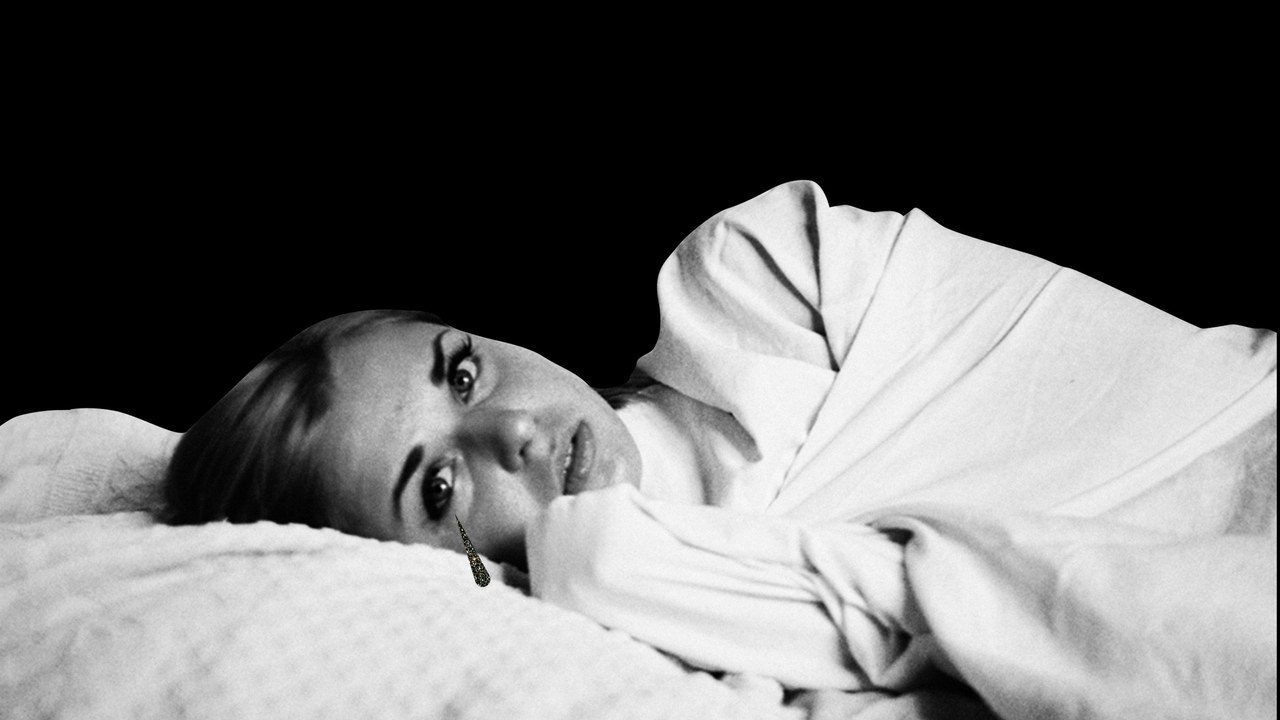Crying After Sex Isn't Uncommon—And Women Deserve to Know Why

The first sign that my three-and-a-half year relationship was over was that we stopped making love. We didn’t stop having sex (though our passion had definitely cooled) but we stopped having any real connection in bed. When we did do it, it felt obligatory—a compromise to satiate my libido so I’d stop nagging him. It was obvious—at least to me—my partner wasn’t into it and it felt like he had no interest in whether or not I got off.
As a result, sex started to feel dirty and overly complicated. What had once been my favorite thing on planet Earth, now felt like a chore. After a few months of feeling like a sexually needy burden, plagued by guilt over my high sex drive and disinterested parter, I began experiencing what I would later find out sexologists call post coital dysphoria: a sudden and unexplained sadness, even crying, after sex.
If you haven’t experienced it, let me tell you: PCD is the worst. Post-sex, your body is drowning in a sea of feel-good chemicals like oxytocin and dopamine—which is why every single article on the internet says orgasms make you feel good. But I felt like crap after sex, especially when I either got off during or finished myself off after. Orgasms left me bereft and inconsolable, overwhelmed with anxiety over why I felt so terrible after something that should have been so great.
This post-orgasmic phenomenon is way more common than you might think—research on PCD is still pretty scarce but one study published in the Journal of Sexual Medicine found nearly 50 percent of women surveyed have felt the post-sex blues at some point. (Men can experience it too.) It’s believed that about 2 percent of women experience it regularly.
Researchers aren’t 100 percent sure why some people experience this hardcore crash of emotions after sex, but it likely has something to do with our body’s reaction to all the hormones and emotions that come with sex, according to sexologists. “I believe that when an orgasm takes place, it triggers a release. For most, it’s a stress release but for others, they find their body also releasing tears, emotions, and aggressiveness,” says Sunny Rodgers, a certified clinical sexologist and sex coach in Los Angeles. In this way, it’s often linked to past sexual trauma, she says.
This is exactly what it felt like for me. Every time I orgasmed, it was like I was releasing the deep emotional anguish of my failing relationship. It was sorrowful, painful, and depressing. Instead of riding a wave of pleasure, I would roll over and quietly weep until I fell asleep, lost in my own head and heartache.
When the relationship finally ended, so did the PCD—or so I thought. For awhile, I would have casual sex with decent men and women and feel completely fine afterwards. I still cried myself to sleep over my breakup, but I wasn’t sad after sex—sex finally felt pleasurable again.
Before long, I found myself spending time with someone new who made me feel things I didn’t think I’d ever feel again. The sex was amazing and he was lovely and kind. But one night, after some of the truly head-over-heels sex—the kind that only happens in the glow of an budding relationship—my post-coital dysphoria came back with a vengeance. In the aftermath of my orgasm, I felt totally despondent, like I had fallen to the bottom of a well. After my boyfriend fell asleep, I crept into the living room where I stayed awake for hours crying.
